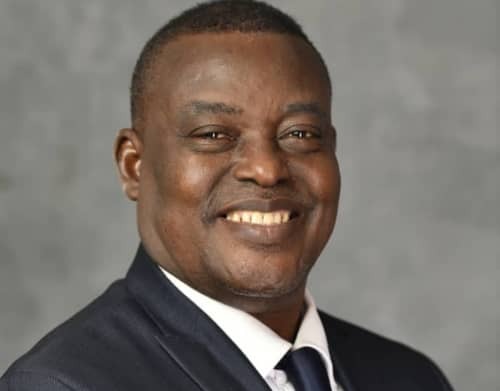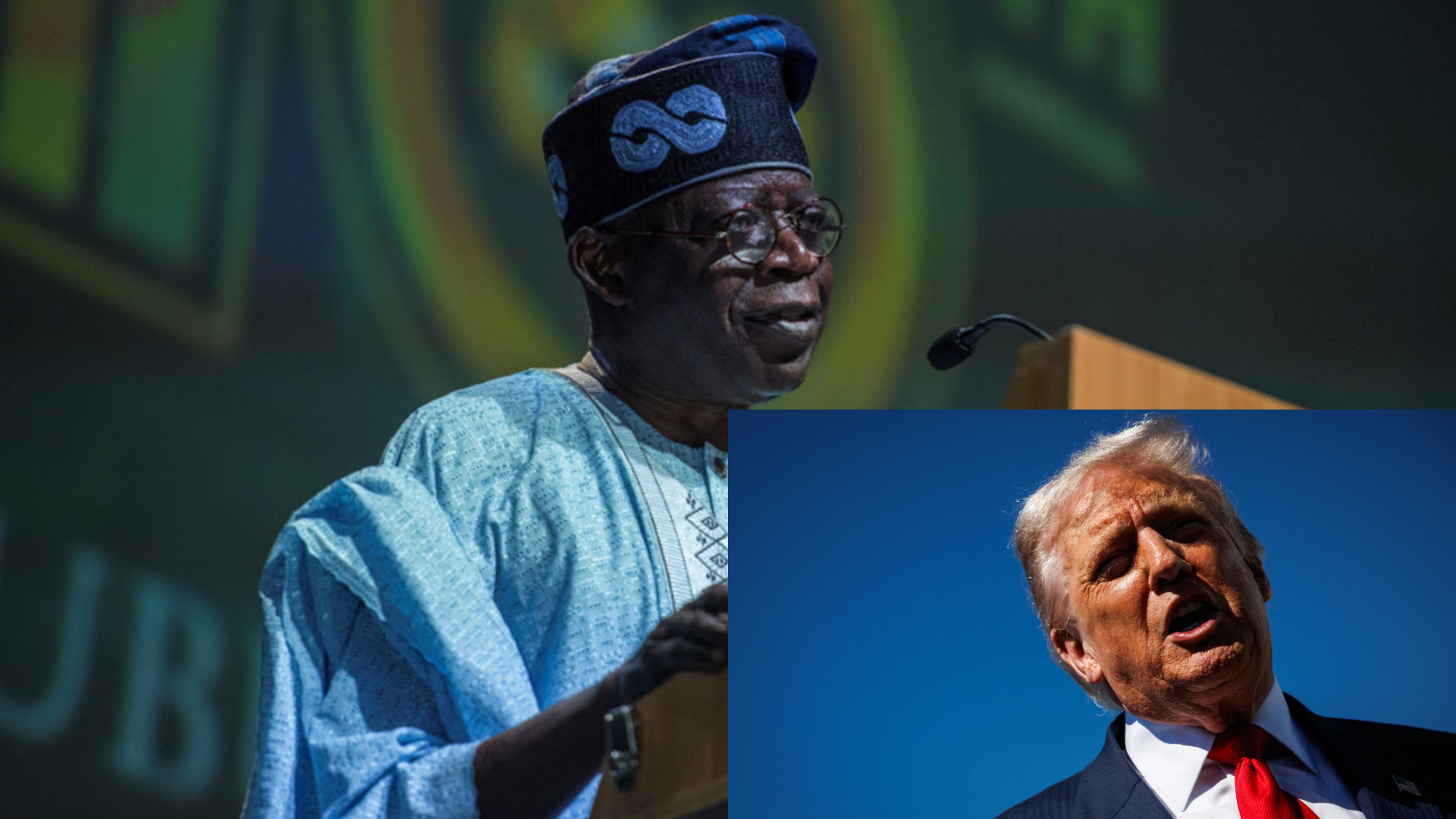The Director-General of the Nigerian Institute of International Affairs (NIIA), Prof. Eghosa Osaghae, has said that Nigeria must reimagine its industrial policy, strengthen productive capacities, and invest massively in education if it hopes to join the ranks of economies valued above $3 trillion.
Osaghae said this at the NIIA and Korea Embassy joint Seminar on Africa’s Rising Global Influence held yesterday in Lagos.
He noted that countries like South Korea, Japan and China, which once shared similar economic conditions with Nigeria, achieved global competitiveness through deliberate state-led industrialisation and technological development.
“South Korea was once where we are agrarian and impoverished. Its rise came from focused technological strides and strong national planning. We must ask ourselves: can we remain de-industrialised and expect progress? A private sector without a productive base cannot sustain long-term growth,” he said.
The DG challenged Nigeria’s overreliance on imports and services, stressing that the country’s survival depends on building an industrial economy that prioritises production, innovation and value addition.
Chargé d’Affaires of the Embassy of the Republic of Korea, Mr. Tak Namgung, speaking on “Economic Partnership and Development: Korea’s Shared Experience,” Mr. Namgung highlighted South Korea’s journey from post-war poverty to prosperity, attributing it to investments in education, strong institutions, and long-term development planning.
He underscored three key lessons Nigeria could learn from Korea’s experience: investing in people, building resilient institutions, and fostering long-term vision in policy.
“Education and vocational training are the foundation of productivity and inclusion. Our success was driven by national planning and a shared belief in human capital. Strong institutions attracted responsible investment through transparent regulations and predictable taxation,” he said.
He called on Nigeria to ratify the Double Taxation Avoidance Agreement signed with Korea in 2006, noting that its implementation would encourage more Korean companies to invest in the country and create decent jobs.
“Korean firms are ready to expand in Nigeria. But investors need certainty that they will not be taxed twice. Ratifying the agreement will send a powerful signal that Nigeria is open for long-term, mutually beneficial partnership,” he added.
Namgung said Korean firms such as Hyundai, LG, and Daewoo have already invested heavily in local capacity building and employment, citing examples of thousands of Nigerians employed in their facilities. He emphasised that Korea stands ready to partner with Nigeria in technology, education, and green growth, especially ahead of next year’s Korea-Africa Summit.
Senior Research Fellow, NIIA, Dr. Adesua Erediauwa, said Africa’s growing demographic and digital potential positions it as a key player in the future global economy. She argued that Nigeria, as Africa’s largest economy, must align its development priorities with Korea’s proven model of industrial transformation.
“Korea’s rise from an agrarian economy to an industrial and innovation powerhouse offers valuable lessons. Its experience shows how visionary leadership, investment in people, and institutional capacity can transform a nation within a generation,” she said.
Erediuwa identified five key areas of convergence for Nigeria–Korea cooperation; industrialisation and diversification, infrastructure development, inclusive human capital growth, energy transition, and climate resilience.
She urged Nigeria to leverage Korea’s expertise in smart cities, green technology, and agricultural innovation to bridge infrastructural and productivity gaps.
“The partnership must be one of equals, not donor and recipient. Nigeria brings a vast market and youthful population; Korea brings technology and know-how. Together, both nations can co-create solutions that are locally grounded and globally competitive,” she said.






